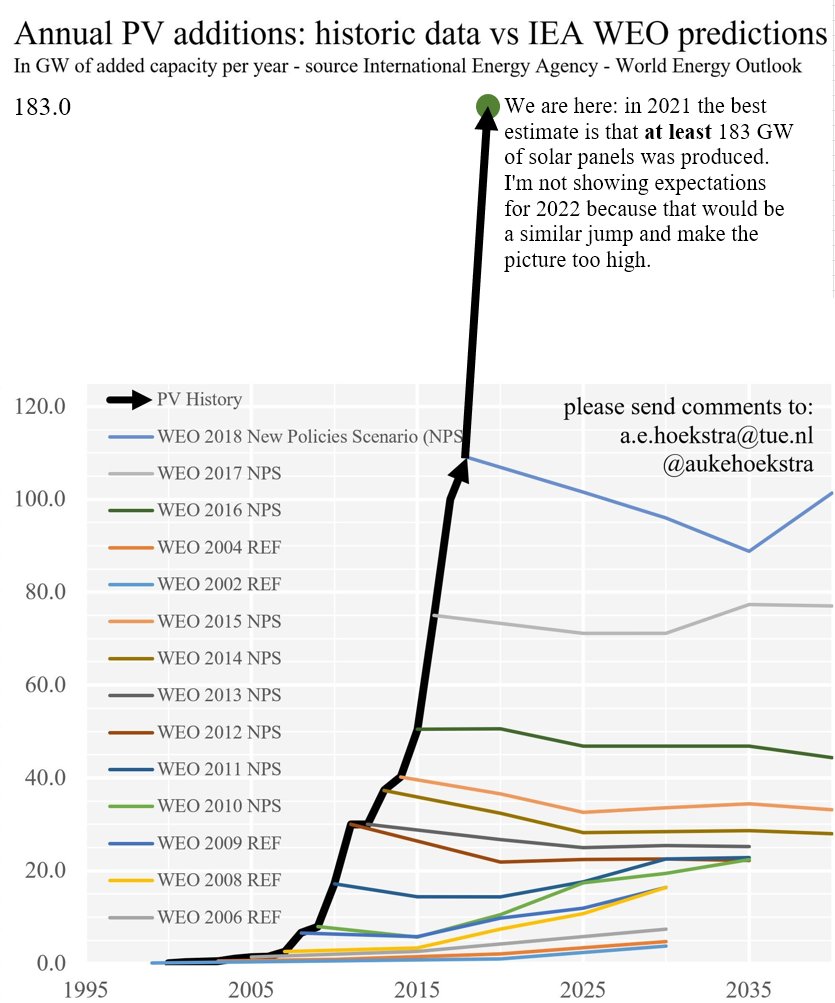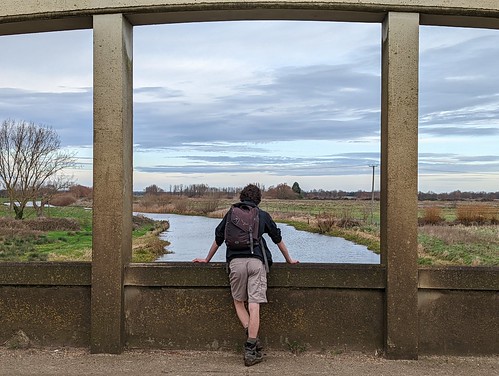 Is a report from McKinsey, according to the Graun. Normally I think McK would be evil multi-national consultants, but here they're saying what the Graun wants to print, so they're fine. Reaching net zero climate emissions by 2050 will require a “fundamental transformation of the global economy”... estimates that $9.2tn will need to be invested every year for decades to limit the global temperature rise to 1.5C and end the climate emergency. The sum is a 60% increase on current investment levels and equivalent to half of global corporate profits. And, says McK itself, and one-quarter of total tax revenue in 2020, 15 percent of gross fixed capital formation, and 7 percent of household spending.
Is a report from McKinsey, according to the Graun. Normally I think McK would be evil multi-national consultants, but here they're saying what the Graun wants to print, so they're fine. Reaching net zero climate emissions by 2050 will require a “fundamental transformation of the global economy”... estimates that $9.2tn will need to be invested every year for decades to limit the global temperature rise to 1.5C and end the climate emergency. The sum is a 60% increase on current investment levels and equivalent to half of global corporate profits. And, says McK itself, and one-quarter of total tax revenue in 2020, 15 percent of gross fixed capital formation, and 7 percent of household spending.McK provide a large number of words and lots of numbers that I have no intention of reading unless someone forces me; I'm more interested in the broad-brush question of whether this is all plausible. Current world GDP is about $81T, so on their numbers they are asking for more than 10% of GDP investing in green transition (there may be some GDP-keeps-growing stuff in there, though, because their own calculation is more like 7.5%)1.
Anyway, I don't want to pretend to analyse this stuff in detail, just draw attention to it; because these numbers seem a little on the high side to be practical, to me.

Notes
1. If you think their numbers are larger than some others, you are probably right. They explain: Other research to date has largely focused on estimating required energy investment. Here we expand this to include additional spending categories such as assets that use energy (for example, the full cost of passenger cars and heat pumps), capital expenditures in agriculture and forestry, and some continued spend in high-emissions physical assets like fossil fuel–based vehicles and power assets. As a result, our estimates exceed to a meaningful degree the $3 trillion to $4.5 trillion of annual spending for the net-zero transition that others have estimated.
Refs
* Nuclear power and renewable energy are both associated with national decarbonization - bit weird this needs saying, but you know some people. This is a response to Sovacool, who appears to have form.
* Hanania Highlights by Bryan Caplan: Public Choice Theory and the Illusion of Grand Strategy and Sanctions and Asylum.
* If writing down your ideas always makes them more precise and more complete, then no one who hasn't written about a topic has fully formed ideas about it. And someone who never writes has no fully formed ideas about anything nontrivial - Paul Graham.
* Ford and GM: Bearers of Socialist Culture? by Pierre Lemieux.
* Marmalade Training Camp - JEB
* Overestimating the Human Influence on the Economic Costs of Extreme Weather Events - Patrick T. Brown critiquing the "Fraction of Attributable Risk" of Myles Allen (2003) used in Frame (2020) for Harvey; via Twatter.
* R E S T A R T I N G UK SHALE GAS by Tim Worstall via the Evil NetZeroWatch people.
* Link blog: docker, container - Paul Wright
* Should We Expect More from Our Elected Officials? - Volokh, 2018.
* Legal Systems Very Different from Ours
* Australia's biggest coal-fired power plant to shut in 2025



